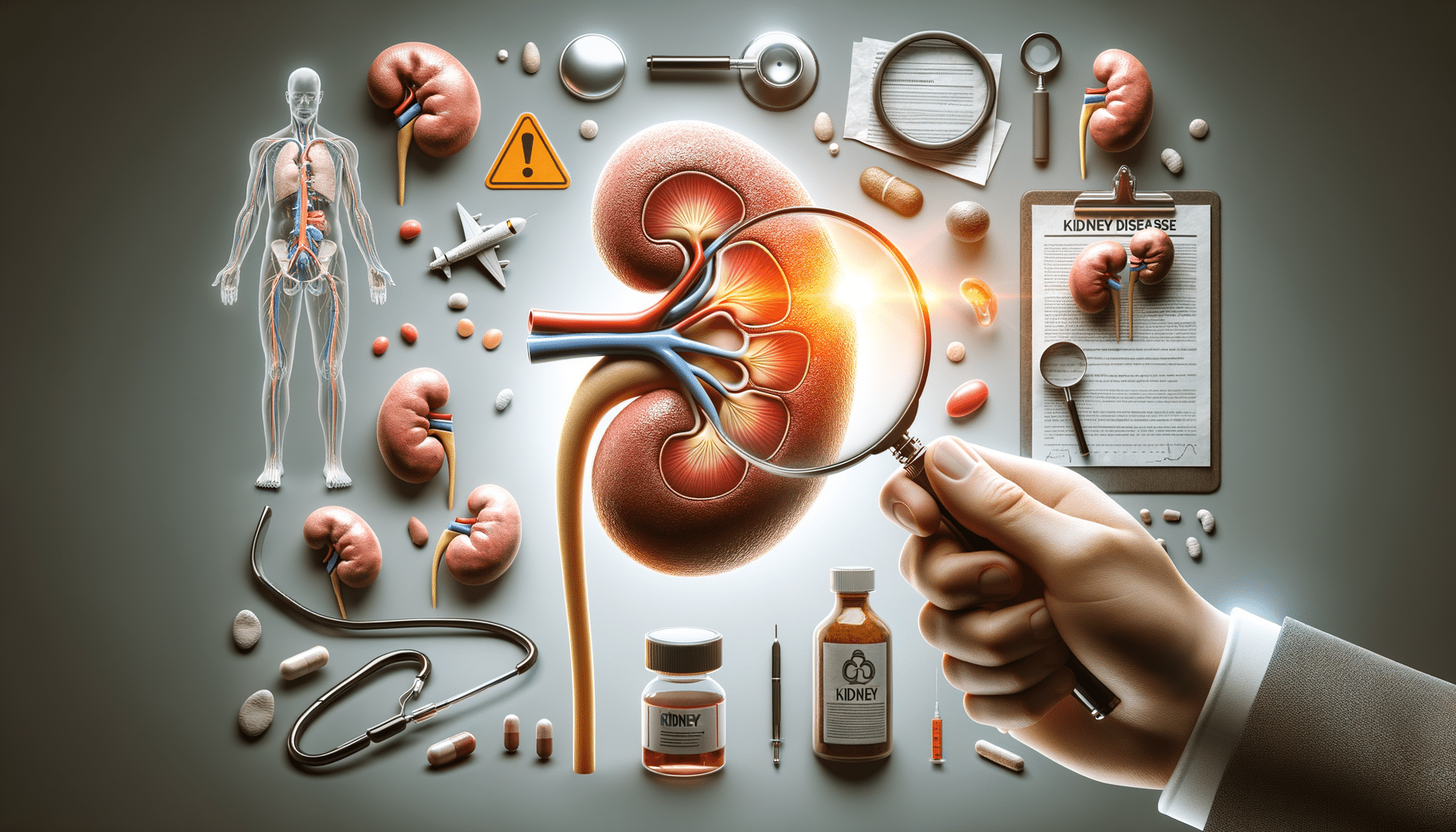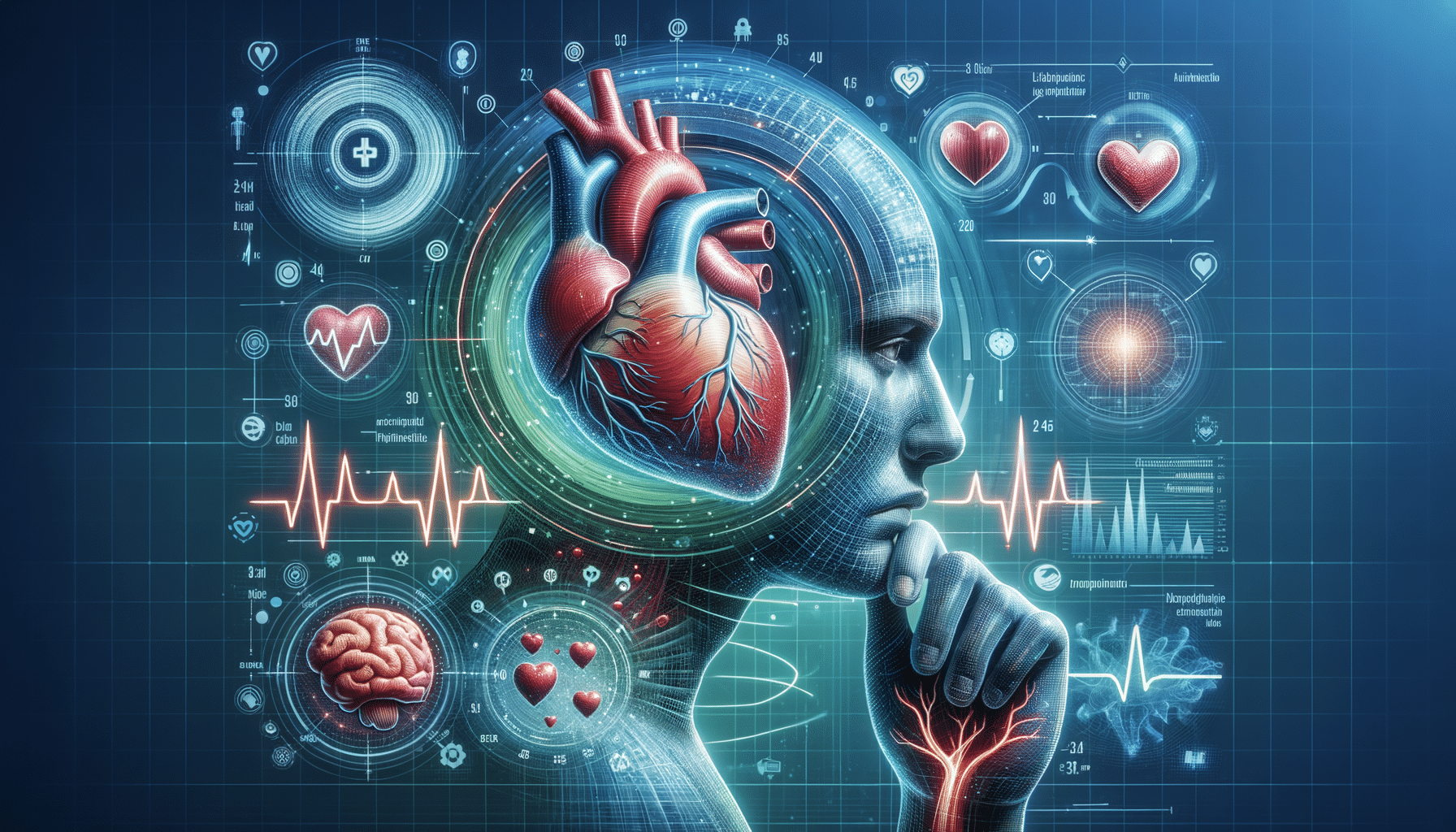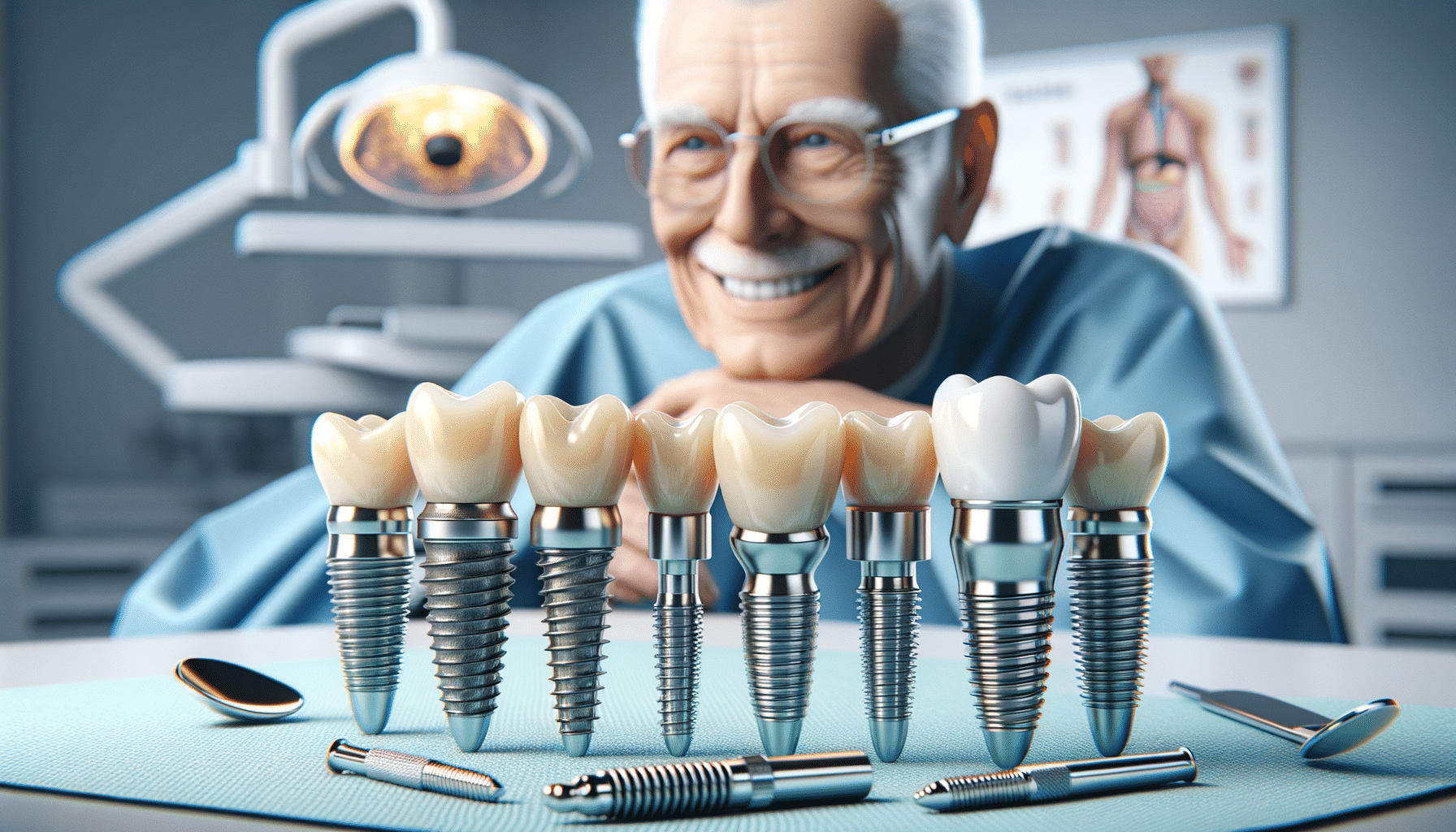
Kidney Disease Symptoms You Shouldn’t Ignore
Understanding the Importance of Early Detection
Kidney disease is often referred to as a silent killer due to its subtle initial symptoms. Early detection is crucial in managing and potentially reversing the progression of the disease. The kidneys play a vital role in filtering waste products from the blood, balancing bodily fluids, and regulating blood pressure. When they are compromised, the impact on overall health can be significant. Early identification of kidney disease symptoms can lead to timely intervention, which is essential for maintaining quality of life and preventing severe complications.
Recognizing the early signs involves understanding how the kidneys function and what happens when they start to fail. Symptoms can range from mild to severe, and they often mimic other conditions, making diagnosis challenging. However, being informed about these signs can empower individuals to seek medical advice promptly. This proactive approach can make a significant difference in the management of kidney health.
Common Symptoms of Kidney Disease
Kidney disease can manifest through a variety of symptoms, some of which may be mistaken for other health issues. Common indicators include:
- Fatigue and weakness: As kidney function declines, toxins and impurities accumulate in the blood, leading to feelings of tiredness and reduced energy levels.
- Changes in urination: This can include increased frequency, particularly at night, or a decrease in the amount of urine. Urine may also appear foamy or contain blood.
- Swelling: The kidneys’ inability to eliminate excess fluids can cause swelling in the legs, ankles, feet, and face.
- Shortness of breath: Fluid buildup in the lungs or anemia, a common complication of kidney disease, can lead to difficulty breathing.
- Persistent itching: An accumulation of waste products in the blood can cause severe itching.
These symptoms can vary in intensity and may not all be present, which underscores the importance of regular check-ups and blood tests to monitor kidney function.
The Role of Lifestyle and Diet
Lifestyle and dietary choices play a pivotal role in both the prevention and management of kidney disease. A balanced diet low in sodium, phosphorus, and protein can help reduce the strain on the kidneys. Incorporating plenty of fruits, vegetables, and whole grains supports overall health and kidney function.
Regular exercise is another critical component. It helps maintain a healthy weight, reduces blood pressure, and improves cardiovascular health, all of which are beneficial for kidney health. Avoiding smoking and limiting alcohol intake can further reduce the risk of kidney disease.
For those already diagnosed with kidney disease, working with a healthcare provider to develop a tailored diet and exercise plan is essential. This personalized approach ensures that nutritional needs are met without overburdening the kidneys.
Medical Interventions and Treatments
When kidney disease is detected, medical intervention is necessary to manage the condition and prevent further deterioration. Treatment options vary depending on the stage and cause of the disease. Common interventions include:
- Medications: These may be prescribed to control blood pressure, manage diabetes, or address anemia.
- Dialysis: In advanced cases where the kidneys are no longer able to function effectively, dialysis may be required to remove waste products and excess fluids from the blood.
- Kidney transplant: For some individuals, a kidney transplant may be the most viable option for restoring kidney function.
Regular monitoring by a healthcare professional is crucial to adjust treatment plans as needed and to address any complications that may arise.
Conclusion: Taking Charge of Your Kidney Health
Understanding and recognizing the symptoms of kidney disease is the first step towards taking control of your health. By staying informed and seeking medical advice early, you can significantly impact the progression of the disease. Regular check-ups, a healthy lifestyle, and adherence to medical advice are key components in managing kidney health.
Remember, your kidneys are essential for maintaining overall health and well-being. Protecting them through informed choices and proactive management can lead to a healthier, more fulfilling life.


